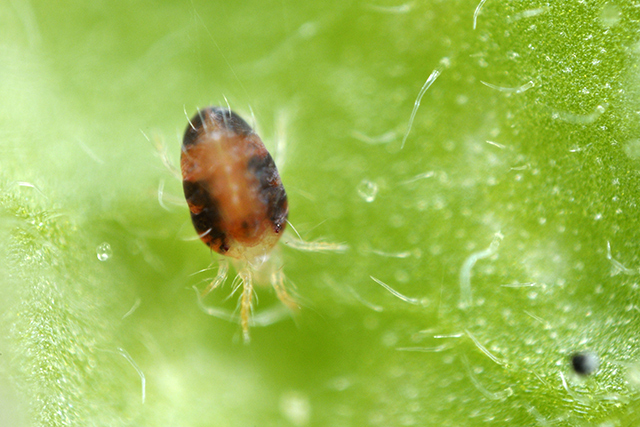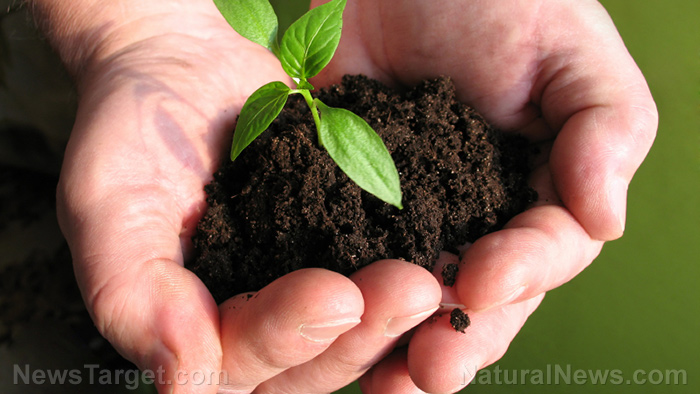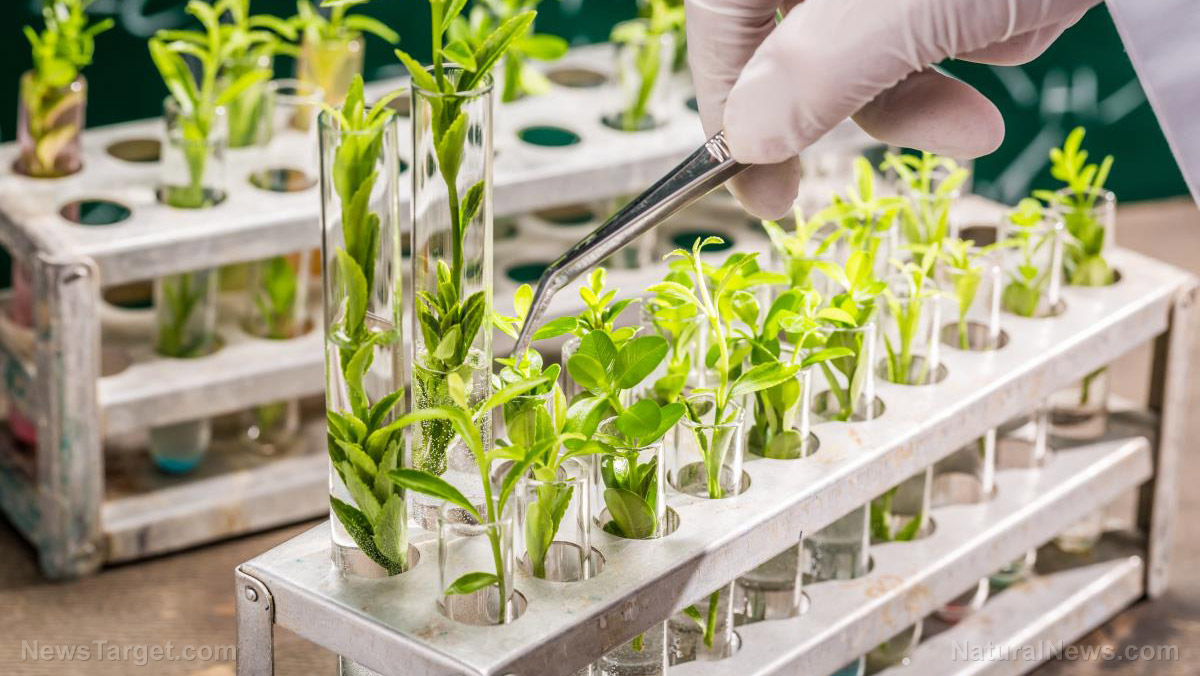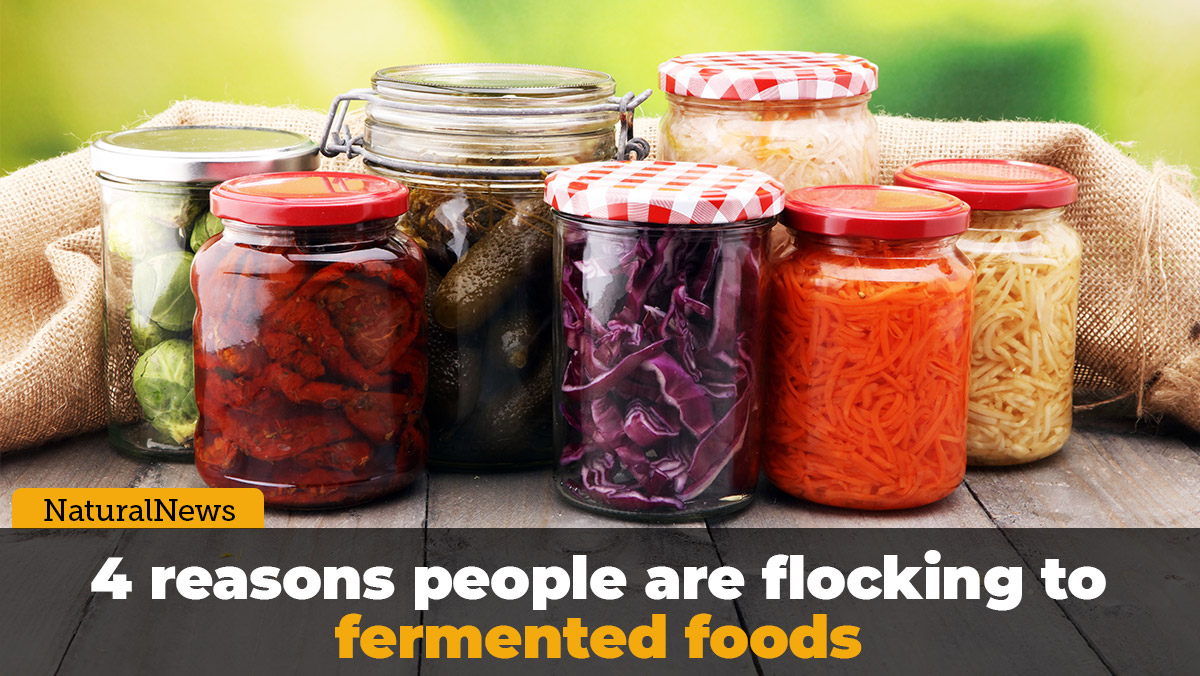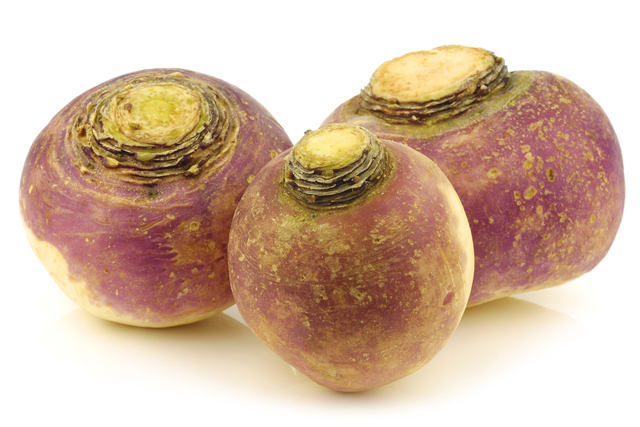Human farmers obsolete? Drones and driverless tractors now being used to harvest crops autonomously
06/06/2017 / By Bridgette Wilcox

We may soon be living in a world where farms are run by robots, as new farming technology threatens to phase out human involvement in farming processes. Agricultural engineers from the Harper Adams University in Shropshire, England, are exploring new ways of farming crops, aiming to be able to grow and harvest a field of cereal crop without humans setting foot on the farmland.
The researchers have already created a driverless tractor that can be steered remotely, the DailyMail.co.uk reported. The tractor will be able to drill, seed, and spray the land, after which an automated combine harvester will harvest the field. At the same time, drones will be used to monitor crops — eliminating the need for farmers to go into the field and examine the produce themselves.
The farming process is already underway, and drilling of barley seeds has already been completed. At the moment, researchers are waiting for the seed to grow, with drones being used to monitor the progress and quality of crops. The crop is set to be harvested in August and September.
“We’re hoping to string everything together to create one whole system, which will allow us to farm our hectare of cereal crop from establishment to harvest, without having to go into the field,” said Kit Franklin, who is part of the research team. “This is the first time in the world that this has been done but pushing boundaries is what engineering research is about.”
According to the report, the research team believes that their study will change the way farming is done, and will give farmers more free time. However, there are questions as to the long-term effects this could have, not only on the quality of the yield, but on the lives of farmers.
Franklin said he believes that automating the farming process will not put farmers out of jobs; saying that they will just be working out of the farm land as fleet managers and agricultural analysts who will man the farming robots and monitor the crops remotely.
Despite Franklin’s reassurance, robots are still likely to have a detrimental effect when it comes to farming. Advocates for farm workers have pointed out that aside from the loss of jobs, automated farming could lead to the use of more pesticides, and compromise the safety of the food supply.
“The fundamental question for consumers is who, and now, what do you want picking your food; a machine or a human, who with the proper training can take significant steps to ensure a safer, higher quality product,” Erik Nicholson, National Vice President of The United Farm Workers of America said in a report on BusinessInsider.com.
In particular, robots don’t do well when it comes to the harvesting of fresh fruit, falling short in their inability to select ripe produce. According to the report, machines are unable to recognize produce from leaves and branches, and are blind to color and feel — which are crucial when it comes to fruit-picking. They also cannot match the dexterity and speed of human farm workers. This just goes to show that despite being functional in many ways, robots still cannot match the human touch — the necessity of which is all too underrated when it comes to farming.
Get more updates on food production at Harvest.news.
Sources include:
Tagged Under: robot farming, robots






